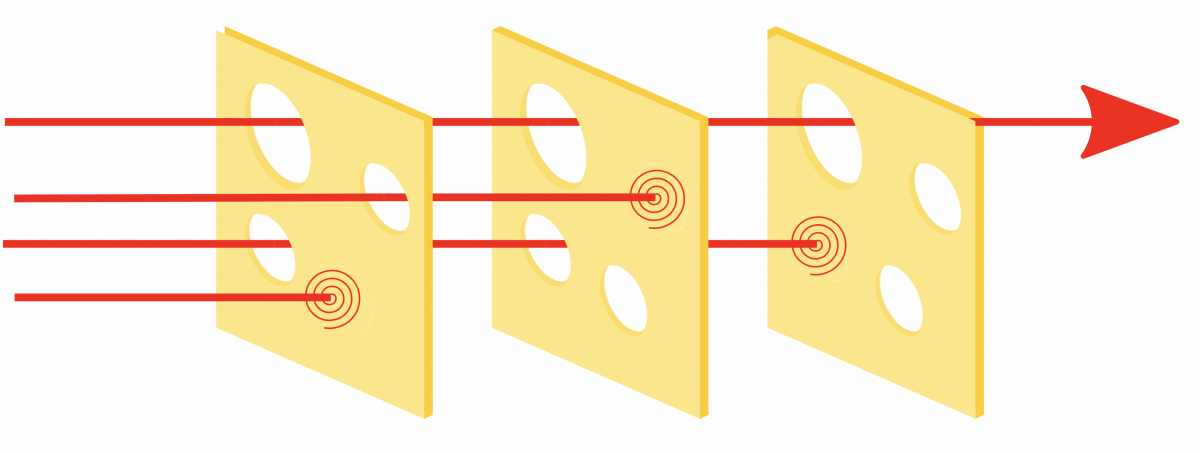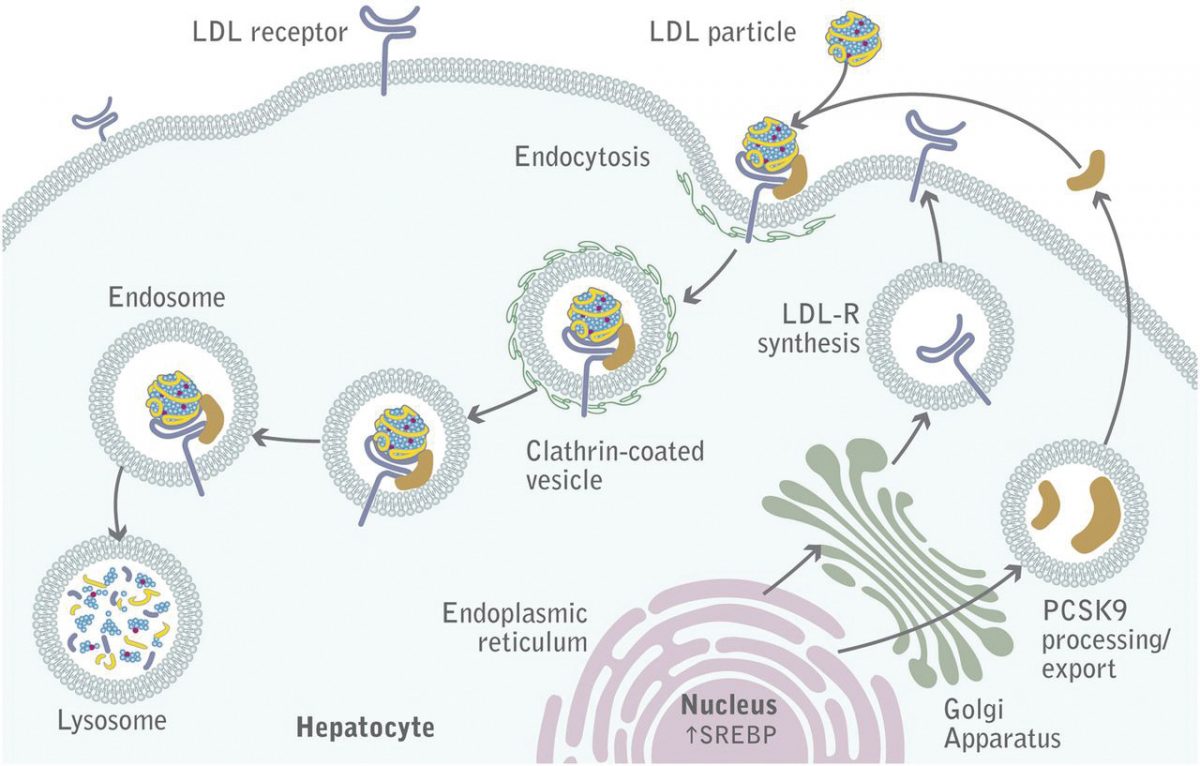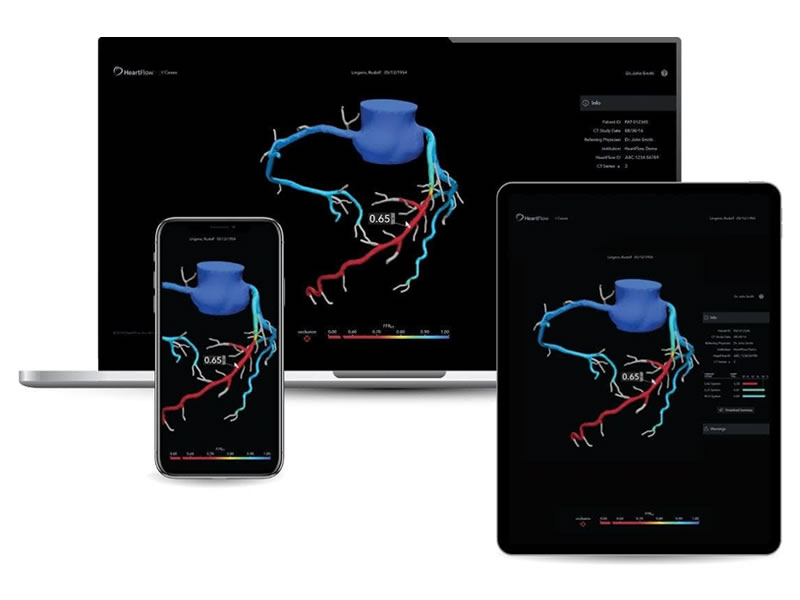PCSK9 Inhibitors: what next?
One area of recent breakthrough is the discovery of the role of Proprotein convertase subtilisin/kexin type 9 (PCSK9) in the regulation of low-density lipoprotein cholesterol (LDL-C), often referred to as ‘bad cholesterol’. Interestingly, this discovery was facilitated by the identification of gain-of-function mutations, which are alterations in the human genetic code that increase the normal activity of a gene. The mutations in the PCSK9 gene result in high LDL cholesterol levels and, thus, increase the risk of developing coronary artery disease.
This article looks into the role of PCSK9, the development of PCSK9 inhibitors, their efficiency, and their potential as a game-changer in the management of cardiovascular diseases. It provides a short exploration of the subject, drawing upon the most recent and relevant research and guidelines….



